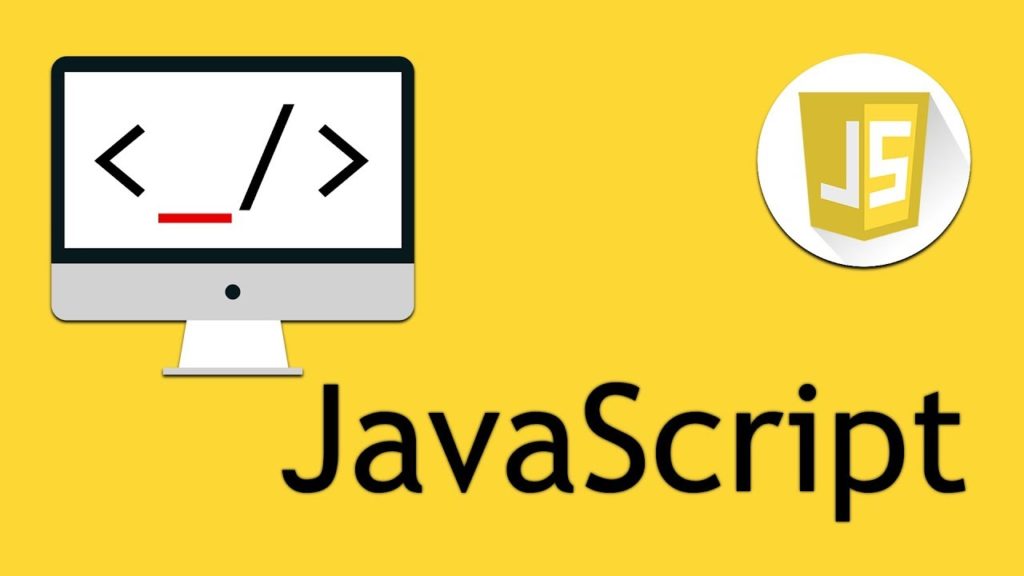
(JavaScript Tutorials for Beginners)
In this end-to-end example, you will learn – JavaScript tutorials for Beginners – JavaScript Variable Scope.
JavaScript Variable Scope
In this tutorial, you will learn about the variable scope in JavaScript with the help of examples.
Scope refers to the availability of variables and functions in certain parts of the code.
In JavaScript, a variable has two types of scope:
- Global Scope
- Local Scope
Global Scope
A variable declared at the top of a program or outside of a function is considered a global scope variable.
Let’s see an example of a global scope variable.
// program to print a text
let a = "hello";
function greet () {
console.log(a);
}
greet(); // helloIn the above program, variable a is declared at the top of a program and is a global variable. It means the variable a can be used anywhere in the program.
The value of a global variable can be changed inside a function. For example,
// program to show the change in global variable
let a = "hello";
function greet() {
a = 3;
}
// before the function call
console.log(a);
//after the function call
greet();
console.log(a); // 3In the above program, variable a is a global variable. The value of a is hello. Then the variable a is accessed inside a function and the value changes to 3.
Hence, the value of a changes after changing it inside the function.
Note: It is a good practice to avoid using global variables because the value of a global variable can change in different areas in the program. It can introduce unknown results in the program.
In JavaScript, a variable can also be used without declaring it. If a variable is used without declaring it, that variable automatically becomes a global variable.
For example,
function greet() {
a = "hello"
}
greet();
console.log(a); // helloIn the above program, variable a is a global variable.
If the variable was declared using let a = "hello", the program would throw an error.
Note: In JavaScript, there is "strict mode"; in which a variable cannot be used without declaring it. To learn more about strict, visit JavaScript Strict.
Local Scope
A variable can also have a local scope, i.e it can only be accessed within a function.
Example 1: Local Scope Variable
// program showing local scope of a variable
let a = "hello";
function greet() {
let b = "World"
console.log(a + b);
}
greet();
console.log(a + b); // errorOutput
helloWorld Uncaught ReferenceError: b is not defined
In the above program, variable a is a global variable and variable b is a local variable. The variable b can be accessed only inside the function greet. Hence, when we try to access variable b outside of the function, an error occurs.
let is Block Scoped
The let keyword is block-scoped(variable can be accessed only in immediate block).
Example 2: block-scoped Variable
// program showing block-scoped concept
// global variable
let a = 'Hello';
function greet() {
// local variable
let b = 'World';
console.log(a + ' ' + b);
if (b == 'World') {
// block-scoped variable
let c = 'hello';
console.log(a + ' ' + b + ' ' + c);
}
// variable x cannot be accessed here
console.log(a + ' ' + b + ' ' + c);
}
greet();Output
Hello World Hello World hello Uncaught ReferenceError: x is not defined
In the above program, variable
- a is a global variable. It can be accessed anywhere in the program.
- b is a local variable. It can be accessed only inside the function
greet. - c is a block-scoped variable. It can be accessed only inside the
ifstatement block.
Hence in the above program, the first two console.log() work without any issue.
However, we are trying to access the block-scoped variable c outside of the block in the third console.log(). This will throw an error.
Note: In JavaScript, var is function scoped and let is block-scoped. If you try to use var c = 'hello'; inside the if statement in the above program, the whole program works, as c is treated as a local variable.
To learn more about let versus var, visit JavaScript let vs var.
Disclaimer: The information and code presented within this recipe/tutorial is only for educational and coaching purposes for beginners and developers. Anyone can practice and apply the recipe/tutorial presented here, but the reader is taking full responsibility for his/her actions. The author (content curator) of this recipe (code / program) has made every effort to ensure the accuracy of the information was correct at time of publication. The author (content curator) does not assume and hereby disclaims any liability to any party for any loss, damage, or disruption caused by errors or omissions, whether such errors or omissions result from accident, negligence, or any other cause. The information presented here could also be found in public knowledge domains.
Learn by Coding: v-Tutorials on Applied Machine Learning and Data Science for Beginners
Latest end-to-end Learn by Coding Projects (Jupyter Notebooks) in Python and R:
All Notebooks in One Bundle: Data Science Recipes and Examples in Python & R.
End-to-End Python Machine Learning Recipes & Examples.
End-to-End R Machine Learning Recipes & Examples.
Applied Statistics with R for Beginners and Business Professionals
Data Science and Machine Learning Projects in Python: Tabular Data Analytics
Data Science and Machine Learning Projects in R: Tabular Data Analytics
Python Machine Learning & Data Science Recipes: Learn by Coding
R Machine Learning & Data Science Recipes: Learn by Coding
Comparing Different Machine Learning Algorithms in Python for Classification (FREE)
There are 2000+ End-to-End Python & R Notebooks are available to build Professional Portfolio as a Data Scientist and/or Machine Learning Specialist. All Notebooks are only $29.95. We would like to request you to have a look at the website for FREE the end-to-end notebooks, and then decide whether you would like to purchase or not.